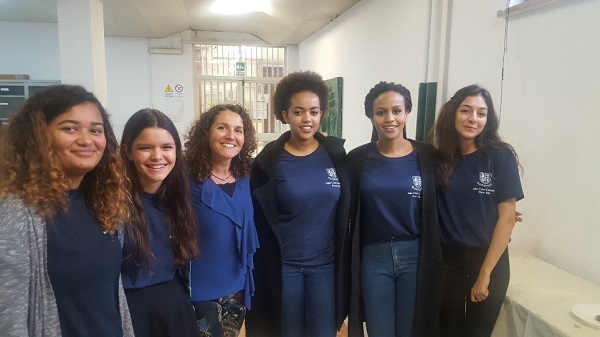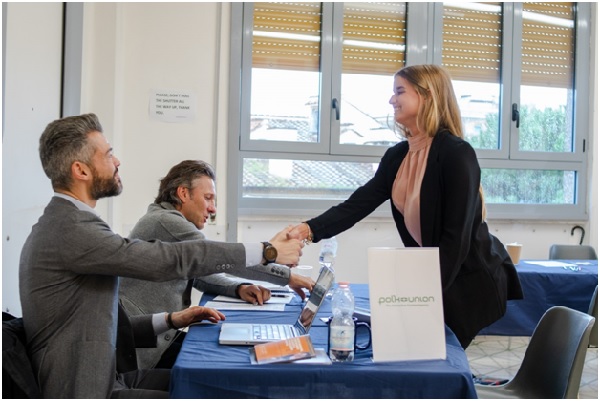

Students study abroad for many reasons: to learn about another culture, to travel, to become more independent, or to gain international experience. Not only do study abroad students gain many important skills while abroad, but they can take those skills and apply them towards future employment upon having completed their degrees.
John Cabot University’s Career Services Center holds events, seminars, and workshops each semester to prepare students and alumni for life after graduation. Furthermore, it also offers services such as career fairs, assistance for those hoping to attend graduate school, and spring internships, among others.
As our study abroad students and alumni begin applying for internships and jobs after graduation, there are certain points they should keep in mind. Here are some tips worth remembering as graduation day approaches.
Take Advantage of Opportunities That Don’t Exist Back Home
Whenever you make the decision to study in a foreign country, there are plenty of opportunities for growth in and outside of the classroom—and in JCU's case, some of these opportunities are ones you might not find in the States. Participate in one of the Community Service Program's many opportunities to volunteer, or work together with entrepreneurs from around the world through the Institute for Entrepreneurship. These concrete examples will show employers that your experience in Rome was more than a fun cultural experience.

Get Involved in the Community
Break out from the typical American study abroad experience by integrating with JCU’s Italian and international degree seeking students through student organizations, attending university events, or taking part in JCU athletics. Stepping out of your comfort zone will help you develop skills and qualities that will further you in your career, and connecting with Italian and international students will build your international network.
Match Your Skills and Attributes to the Job
Once your time studying at a university in Rome has come to a close, the inevitable job-searching phase will come along, and that will mean crafting your CV and cover letter to their highest possible quality. Think about what skills employers may be looking for, and emphasize those skills and qualities when crafting your cover letters. At JCU, students about to graduate can book an appointment at the Center for Career Services, where they can meet members of the team and get advice for finding work and improving their CV and cover letter.

Avoid Typical Resume and Cover Letter Clichés
Employers will receive hundreds of resumes and cover letters from applicants who claim to be independent, flexible, and sensitive to cross-cultural differences. To make your letter stand out, explain the skills you learned while studying at JCU by describing specific situations that allowed you to develop those skills and qualities. Did class discussions with students from all over the world teach you to respect and appreciate different perspectives? Did you learn to frame your arguments differently to effectively communicate with people from different cultural and geographical backgrounds? Did learning to navigate Rome on your own despite language barriers make you more independent? Show it!
Are you interested in English speaking universities in Italy?
Contact John Cabot University for more information!




